FDA/AdvaMed® Medical Device Statistical Issues (MDSI) Conference
April 2, 2024 – April 3, 2024
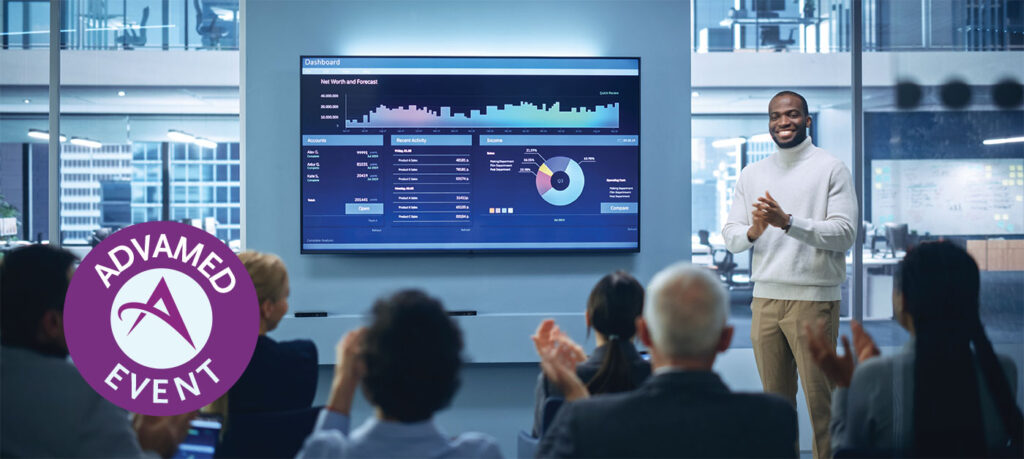
Leading authorities from FDA, industry and academia will convene to address the latest statistical trends and issues facing medtech organizations.
FDA/AdvaMed® Medical Device Statistical Issues (MDSI) Conference
April 2, 2024 – April 3, 2024
FDA/AdvaMed® Medical Device Statistical Issues (MDSI) Conference
April 2, 2024 – April 3, 2024
We’re pleased to invite you to the FDA/AdvaMed® Medical Device Statistical Issues (MDSI) Conference in Washington, D.C., on April 2-3, 2024. This distinctive conference stands alone as the only gathering dedicated solely to in-depth discussions on statistical aspects within the field of medical devices. Panelists will share insights on the recent and future developments of statistical methodology and practice in the evaluation of safe and effective products. Join us as we collectively strive to advance regulatory statistical science for diagnostics, therapeutics and other medical devices.
View the 2024 agenda below. You can also download a copy of it here.
| Tuesday, April 2 | |
|---|---|
| Ballroom Level – Salon I | |
| 8:45 – 9:15 am | Registration Check-In and Breakfast |
| 9:15 – 9:20 am 9:20 – 10:00 am | Welcome and Introduction of Keynote Speaker Opening remarks from: Anita Nosratieh, Vice President, Technology & Regulatory Affairs, AdvaMed® Introduction of Keynote Speaker: Gregory Alexander, Director, Division of Biostatistics, FDA Keynote Address Michelle E. Tarver, Deputy Center Director, Chief Transformation Officer, CDRH, FDA |
| 10:00 – 10:30 am | Break |
| 10:30 – 12:00 pm | In Memory of Dr. Greg Campbell’s Contributions to Innovations in Medical Device Statistics During his nearly 20-years at the Food and Drug Administration (FDA), Dr. Greg Campbell played an outstanding leadership role in establishing a statistical community of medical devices. He was a founder of the annual FDA/AdvaMed® Statistical Workshop established in 2008, and a driving force in the formation of the ASA Special Interest Group for Medical Devices and Diagnostics (MDD), which became an ASA Section on MDD in 2014. To support medical device technology innovation and regulatory decision-making, Dr. Campbell led many initiatives. He was a driving force and an exceptional leader in statistical innovation in the medical device world and in advancing regulatory science. He helped shape the course of medical device evaluation by pioneering Bayesian statistical methodology, causal inference, adaptive design, missing data and diagnostic test methodology, in the regulatory settings. He also spearheaded the efforts in FDA statistical guidance development for medical devices including guidance documents on implementing Bayesian statistics, pivotal clinical trial study design and adaptive designs in regulatory submissions. His pioneering work and sustained efforts have resulted in profound, far-reaching and long-lasting impact on public health, FDA and Industry. Speakers: Michael Lu, Edwards Lifesciences Kristen Meier, Illumina Lilly Yue, FDA Bram Zuckerman, FDA Co-organizers: Rajesh Nair, FDA Rong Tang, FDA Jim Lesko, DePuy Syntheses Zengri Wang, Edwards Lifesciences |
| 12:00 – 1:30 pm | Lunch Featuring: Special Remarks Honoring Dr. Greg Campbell |
| 1:30 – 3:00 pm | Continue the Dialogue Between the FDA/CDRH Biostatistics Division Director and Industry: What Are the Challenges and Opportunities in 2024? This session provides the continuation of the dialogue with the Biostatistics Division Director, Dr. Gregory Alexander, and industry leaders in 2024. Dr. Alexander will open the session with some remarks and join the other panelists to provide perspectives on challenges and opportunities for 2024. The FDA/CDRH biostatistics division leaders and industry senior managers will discuss the latest directions and hot topics in the evaluation of diagnostic and therapeutic devices and answer questions submitted in advance as well as engage interactively with the audience. Of interest, – Collaboration and new pieces of guidance e.g. on use of RWD/RWE in regulatory decisions, FDA’s perspective on increasing diversity in clinical trials and guidance – Innovation e.g. digital technologies and AI and clever trial designs incorporating different sources of evidence – Envision the future in medical devices, e.g. what are the upcoming challenges and opportunities Speakers: Gregory Alexander, FDA Graeme Hickey, Medtronic Michael Santulli, Roche Diagnostics Yun-Ling Xu, FDA Co-organizers: Manuela Buzoianu, FDA Elysia Garcia, FDA Andrea Geistanger, Roche Diagnostics GmbH Cristiana Mayer, Johnson & Johnson Vision Khone Saysana, Roche Diagnostics GmbH |
| 3:00 – 3:30 pm | Break |
| 3:30 – 5:00 pm | Challenges in Validating Free-Living Wearable Measures With an Imperfect or Nonexistent Ground Truth In light of providing evidence aiding patient-focused drug development, wearable sensor-derived free-living measures have shown promise in providing objective and reliable information on patients’ meaningful aspects of health. Before we utilize such measures in clinical trials, appropriate validation is necessary to ensure the measures’ accuracy and reliability. However, there are challenges in demonstrating clinical utility and validating some of those wearable sensors-derived measures such as measures tracking Parkinson’s disease progression or quantifying depression status based on voice sentiment. During this session, speakers and panelists from industry and regulatory agency will be invited to discuss their experiences and considerations for the following challenges: – How to select fit-for-purpose ground truth for validation of measures if ground truth is imperfect or nonexistent – How to establish these measures’ clinical validity if traditional clinical measures are imperfect – How to determine a clinically important difference in free-living measures Speakers: Jeffrey Cochran, Development and Commercialization, Otsuka Pharmaceutical Sylvia Li, Verily Life Sciences Andrew Potter, FDA/CDER Ken Wang, FDA Co-organizers: Saryet Kucukemiroglu, FDA Qing Yin, FDA Kara Keller, Abbott, Inc. Sylvia Li, Verily |
| 5:00 – 5:05 pm | Day 1 Adjournment and Announcement of Poster Session Winner |
| 5:05 – 6:00 pm | Poster Session and Networking Reception (Penn. Terrace – Lobby Level) |
| Wednesday, April 3 | |
|---|---|
| Ballroom Level- Salons I & II | |
| 8:00 – 8:25 am | Breakfast |
| 8:25 – 4:00 pm | Concurrent Sessions – Diagnostics Track and Therapeutic Device Track |
| 11:45am – 12:45pm | Lunch |
| Diagnostic Device Track | |
| 8:25 – 8:30 am | Welcome AdvaMed® Statistical Working Group Co-Chair: Vicki Petrides, Abbott, Inc. |
| 8:30 – 10:00 am | Statistical Issues for Genomic or Complex Biomarkers Driven by technological innovations in diagnostic medical devices, the complexity of biomarkers continues to evolve rapidly, introducing increasing statistical challenges in designing and analyzing analytical and clinical validation studies. As new knowledge in genomics allows for more targeted treatment of diseases such as cancer, diagnostic medical devices like companion diagnostics (CDx) are increasingly vital tools. Diagnostic assays of circulating tumor DNA (ctDNA) present in the blood of cancer patients are a new and powerful innovation with broad clinical applications. One promising clinical application of ctDNA uses it as an early detection biomarker for an asymptomatic population, especially for cancers with no approved screening methods. Next generation sequencing (NGS) based assays could detect low levels of ctDNA and sequence a subset of targeted genes or the whole genome. Instead of screening for a single cancer type for traditional screening tests, multi-cancer early detection (MCED) assays can check for many types of cancer from different organ sites at the same time from a single test. This session will cover topics including the companion diagnostic (CDx) bridging study, ctDNA-based assays, MCED, and complex biomarkers. Speakers: Derek Blythe, Illumina, Inc. Shuguang Huang, Stat4ward Xiaoqin Xiong, FDA Co-Organizers: Dandan Xu, FDA Vicki Petrides, Abbott Inc. |
| 10:00 – 10:15 am | Break |
| 10:15 – 11:45 am | AI/ML Applications and Challenges in the Development of In-Vivo Diagnostic Devices Using AI and ML Artificial intelligence (AI) and machine learning (ML) holds the potential to significantly impact various aspects of medical device development and applications including enhancing image processing, patient monitoring, and personalized healthcare solutions. From early disease detection to personalized treatment plans, AI is proving instrumental in optimizing patient outcomes. AI tools offer automation in device development process, leading to enhanced efficiency and reliability in data collection and analysis by managing an iterative process and handling large datasets. Specially, AI technologies are revolutionizing the analysis of medical images, providing quicker and more accurate diagnostic insights. The integration of AI in medical devices and the continuous development of the algorithms also poses challenges, requiring thoughtful consideration of ethical, regulatory, and privacy implications as well as potential biases. This presentation will discuss the study design challenges and case examples in the development of the in-vivo diagnostic device using AI/ML algorithms in training, validation, and modifications. Speakers: Naeim Bahrami, Johnson & Johnson Feiming Chen, FDA AmirAli Kia, Deepcell Frank Samuelson, FDA Co-Organizers: Lan Huang, FDA Aida Yazdanparast, Illumina, Inc. |
| 11:45 – 12:45 pm | Lunch |
| 12:45 – 2:15 pm | Recent Updates on CLSI Standards and Guidance Documents for Design and Analysis of Medical Device Design Verification and Validation Studies Design and analysis of verification and validation studies for diagnostic devices rely on guidance from CLSI standards and other guidance documents. This session will detail the most recent standards revisions and work in progress, and how to apply them to medical device studies. The session will include an overview of proposed upcoming revisions to CLSI EP17, rationale for changes to EP25 made in ED2 and initial practical application, and discussion of EP39. A brief overview of CLSI document updates will also be provided. Speakers: Gerry Gray, Data-Fi, LLC Mark Holland, Beckman Coulter Marina Kondratovich, FDA Co-Organizers: Ge Feng, FDA Michelle Sonnenberg, Illumina, Inc. |
| 2:15 – 2:30 pm | Break |
| 2:30 – 4:00 pm | Quality Statistical Review for Diagnostic Devices and Best Practices The FDA has previously published “Quality Statistical Review Checklist of Investigational Device Exemption (IDE) Submissions for Diagnostic Medical Devices” (Biopharmaceutical session, JSM 2012). As mentioned in the paper, “the Division of Biostatistics (DBS) has developed “IDE checklists” to aid its reviewers in carrying out complete and consistent reviews of IDEs… Such checklists can also be beneficial to statistical counterparts in the device industry by providing transparency regarding FDA’s considerations in its statistical review…”. Other FDA guidance documents such as “Design Considerations for Pivotal Clinical Investigations for Medical Devices Guidance for Industry, Clinical Investigators, Institutional Review Boards and FDA Staff” (November 2013), can also be a useful resource for sponsors designing studies for devices. Therefore, this session aims to provide for the statistical review of diagnostic device submissions in general and offer best practices from the FDA and industry speakers. Speakers: Norberto Pantoja Galicia, Foundation Medicine Inc Changhong Song, FDA Alicia Toledano, Biostatistics Consulting, LLC Co-Organizers: Kai Qu, FDA Angel De Guzman, Abbott Inc. |
| 4:00 pm | Adjournment |
| Therapeutics Track | |
| 8:25 – 8:30 am | Welcome AdvaMed® Statistical Working Group Co-Chair: Roseann White, Edwards Life Sciences |
| 8:30 – 10:00 am | Innovative Statistical Approaches for Utilization of Real-World Data in Evaluation of Medical Products Innovative statistical methodologies are needed for efficient and appropriate use of real-world data from sources beyond traditional clinical trials for regulatory decision making. Together, real-world data and statistical breakthroughs will help bring safe and effective medical products to patients expeditiously. This session will cover innovative study designs and outcome analyses to improve reliability and relevance of RWE. The title of the first talk is “Leveraging real-world evidence via the hybrid study design when the endpoint is time to event”. The topic of the second talk is “Optimization-based techniques for matching and weighting in observational comparative effectiveness research as an alternative to propensity score methods”. The third talk is on the National Evaluation System for health Technology Methodology Framework by the lead of the framework workgroup. Speakers: Jesse Berlin, Rutgers University Stephen Johnston, Johnson & Johnson Wei-Chen Chen, FDA Co-Organizers: Ying Yang, FDA Paul Coplan, Johnson & Johnson |
| 10:00 – 10:15 am | Break |
| 10:15 – 11:45 am | Estimand Framework in Medical Device Trials: Align Statistical Analyses with Clinical Question of Interest The ICH E9(R1) addendum on estimands and sensitivity analysis in clinical trials released in 2019 highlights the importance of selecting an appropriate Estimand that aligns with the trial’s objective. The structured framework is to strengthen the dialogue between disciplines involved in the formulation of clinical trial objectives, design, conduct, analysis and interpretation regarding the treatment effect(s) of interest that a clinical trial should address. In this session, we will discuss the five elements included in the Estimand, i.e. treatment, population, variable, population-level summary, and handling of intercurrent events, in support of the clinical question to be addressed from a statistical perspective. Speakers: Francis Abreu, Genentech Jin Wang, Abbott Xu (Sherry) Yan, FDA Co-Organizers: Elaine Tang, FDA Roseann White, Edwards Lifesciences |
| 11:45 – 12:45 pm | Lunch |
| 12:45 – 2:15 pm | Hierarchical Composite Endpoints: Design Considerations and Statistical Challenges A hierarchical composite endpoint (HCE) is a combination of different clinical outcomes ranked based on their clinical importance. These types of endpoints have been widely used in clinical trials over the past decades due to its advantages over the traditional composite endpoints (TCE) in accounting for the clinical importance of each component of the composite endpoints. Even though the history of studying a HCE is relatively shorter than that of a TCE, recently, there has been considerable development on this topic. In this session, the speakers will discuss study design considerations and statistical challenges with the HCE and present statistical methods to analyze the HCEs in clinical trials. Speakers: Nelson Lu, FDA Lu Mao, University of Wisconsin School of Medicine and Public Health Xiao Yu, Edwards Lifesciences Co-Organizers: Adrijo Chakraborty, FDA Brandon Park, Edwards Lifesciences |
| 2:15 – 2:30 pm | Break |
| 2:30 – 4:00 pm | Quality Statistical Review for Therapeutic Devices and Best Practices The speakers in this session will address key issues for therapeutics medical devices and best practices while reviewing/submitting an application. Specific topics concerning FDA such as standardizing the structure of statistical analysis plan (SAP) to ensure quality submission. The division of clinical evidence and analysis II (DCEAII) has developed a comprehensive list of items to be visited in an in-depth review of a pre-market application for therapeutic devices. This can be served as a valuable resource for statisticians and discussed in detail. This session will also address how the sponsor is encouraged to work with the FDA statisticians early and closely for a successful study. The presentations will be followed by a panel discussion on these topics. Speakers: Jason Conner, ConfluenceStat Xuefeng Li, FDA Tyson Rogers, NAMSA Co-Organizers: Mourad Atlas, FDA Shuguang Huang, Stat4ward |
| 4:00 pm | Adjournment |
View the FDA, industry, and academic speakers that will guide you through the latest statistical trends.
Keynote Speaker
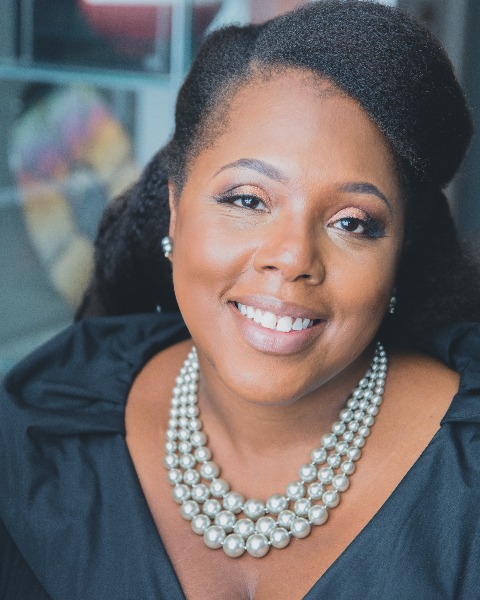
Michelle E. Tarver, MD, PhD, Deputy Center Director, Chief Transformation Officer, CDRH, FDA
Dr. Michelle Tarver is an ophthalmologist and epidemiologist, serving as the Deputy Center Director for Transformation. In this role, Dr. Tarver facilitates the development, implementation, and direction of CDRH’s transformative projects and initiatives. Under her leadership, CDRH is advancing efforts to include underserved and underrepresented populations in the evaluation of medical devices, including people across diverse age, sex, gender, racial, and ethnic backgrounds; those living with rare diseases and physical limitations; and those living in rural areas. Her CDRH career has included many leadership roles, most recently as the Deputy Director of the Office of Strategic Partnerships and Technology Innovation and the Program Director of Patient Science and Engagement.
Dr. Tarver received a B.S. in Biochemistry from Spelman College in Atlanta, GA and completed the M.D./Ph.D. program at The Johns Hopkins University School of Medicine and Bloomberg School of Public Health. Following her internal medicine internship, she completed a residency in ophthalmology with fellowship training in ocular inflammation (uveitis) both at the Wilmer Eye Institute (Johns Hopkins). Board-certified in ophthalmology with an epidemiology doctorate, she has worked on laboratory-based and epidemiological studies, clinical trials, registries, developing patient-reported outcome measures as well as surveys to capture patient preferences. As a dedicated clinician, she continues to care for patients living with uveitis (a rare disease).
FDA Speakers
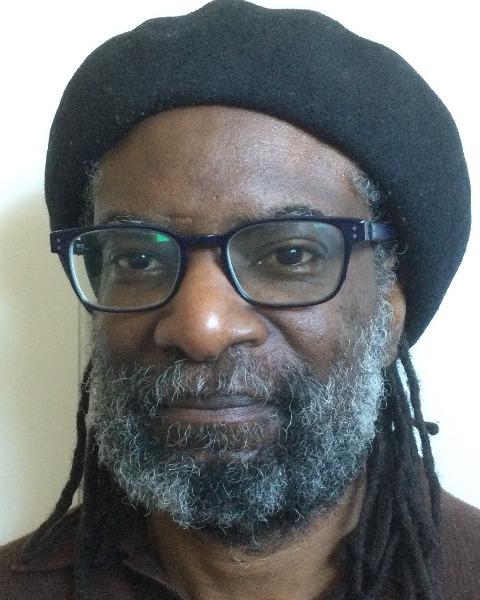
Gregory Alexander, Director, Division of Biostatistics, FDA
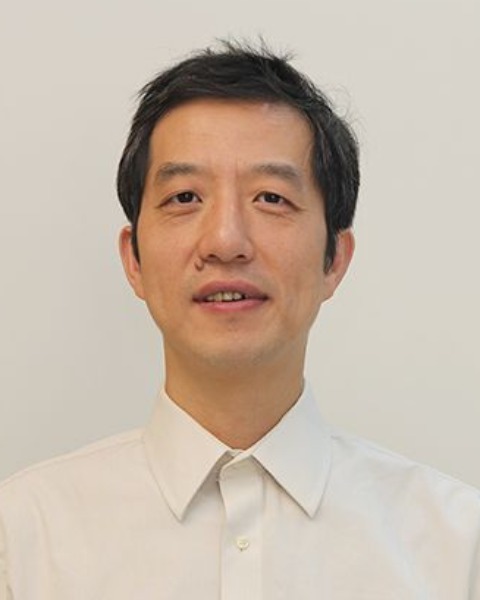
Feiming Chen, Mathematical Statistician, FDA
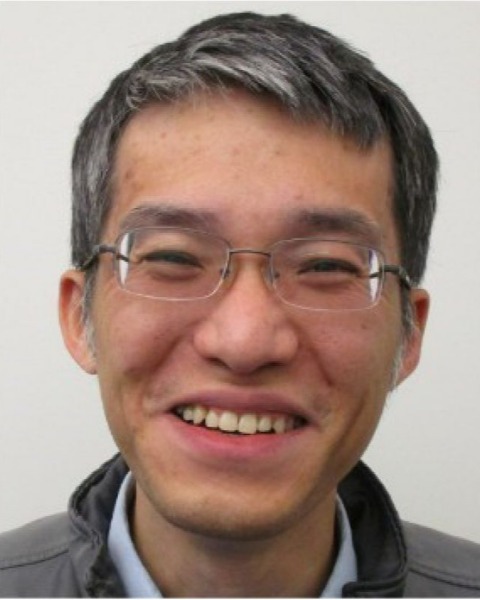
Wei-Chen Chen, Statistician, CDRH, FDA
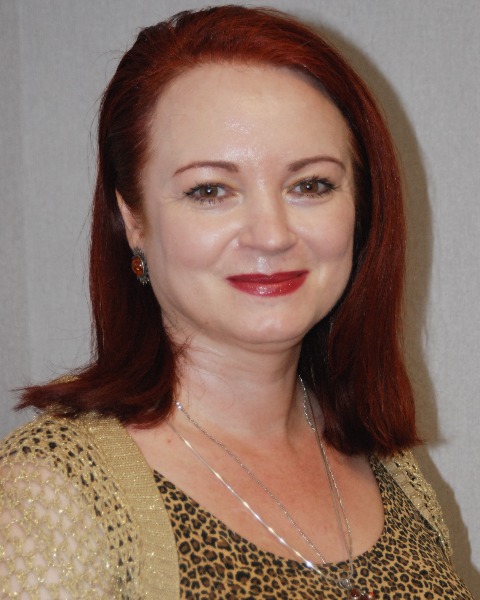
Marina Kondratovich, Associate Director for Clinical Studies, CDRH, FDA
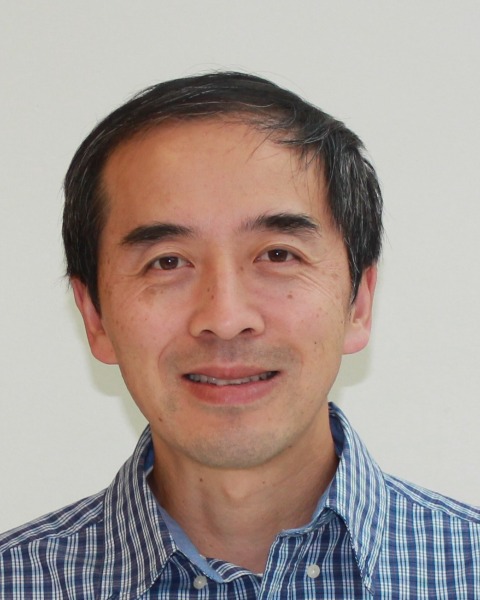
Xuefeng Li, Mathematical Statistician, FDA

Nelson Lu, Assistant Director, CDRH, FDA

Andrew Potter, Division of Biometrics, CDER, FDA
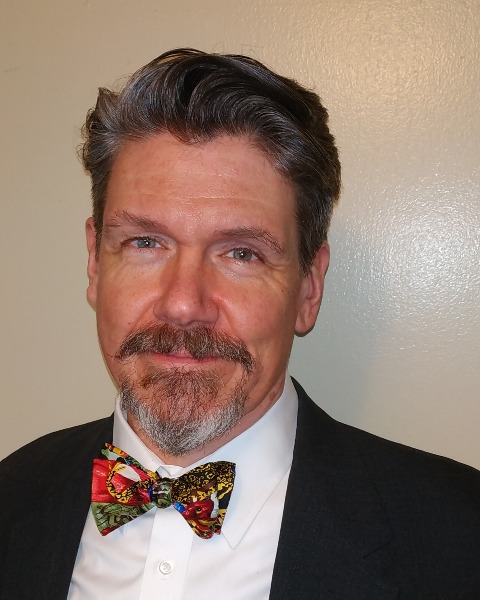
Frank Samuelson, Physicist, FDA
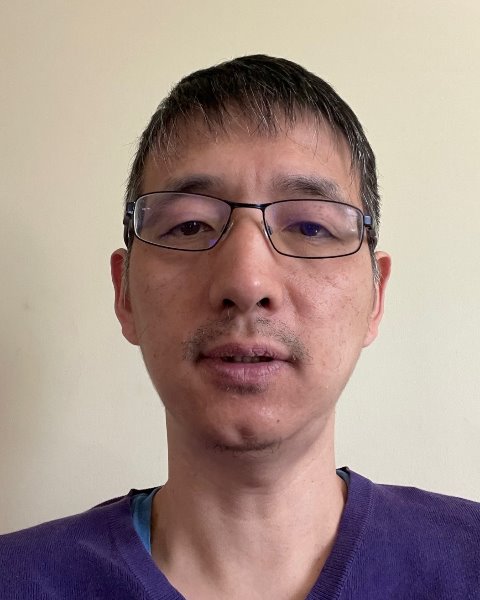
Changhong Song, Lead Mathematical Statistician, CDRH, FDA
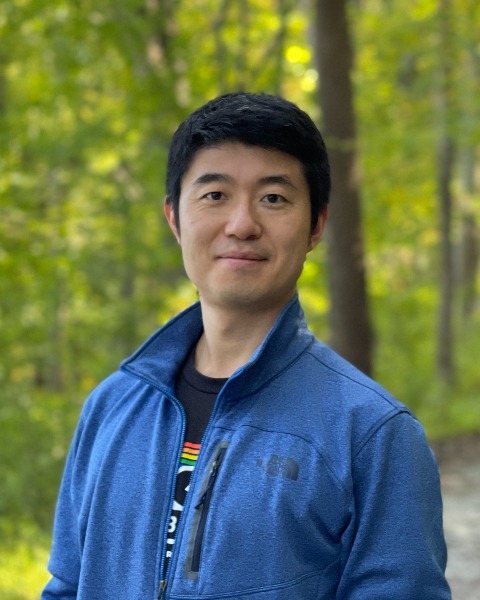
Ken Wang, Mathematical Statistician, CDRH, FDA
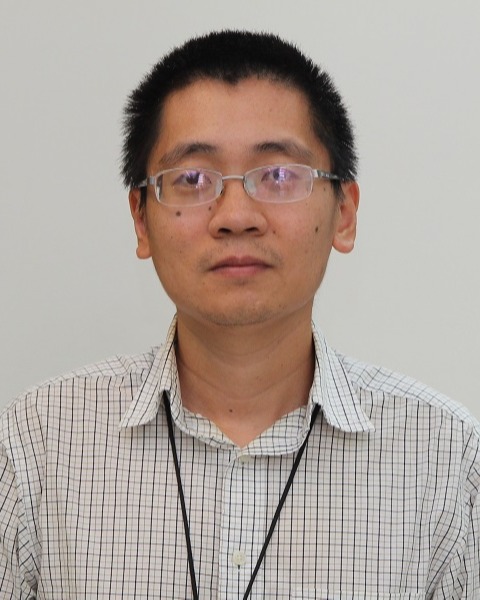
Wei Wang, Mathematical Statistician, CDRH, FDA
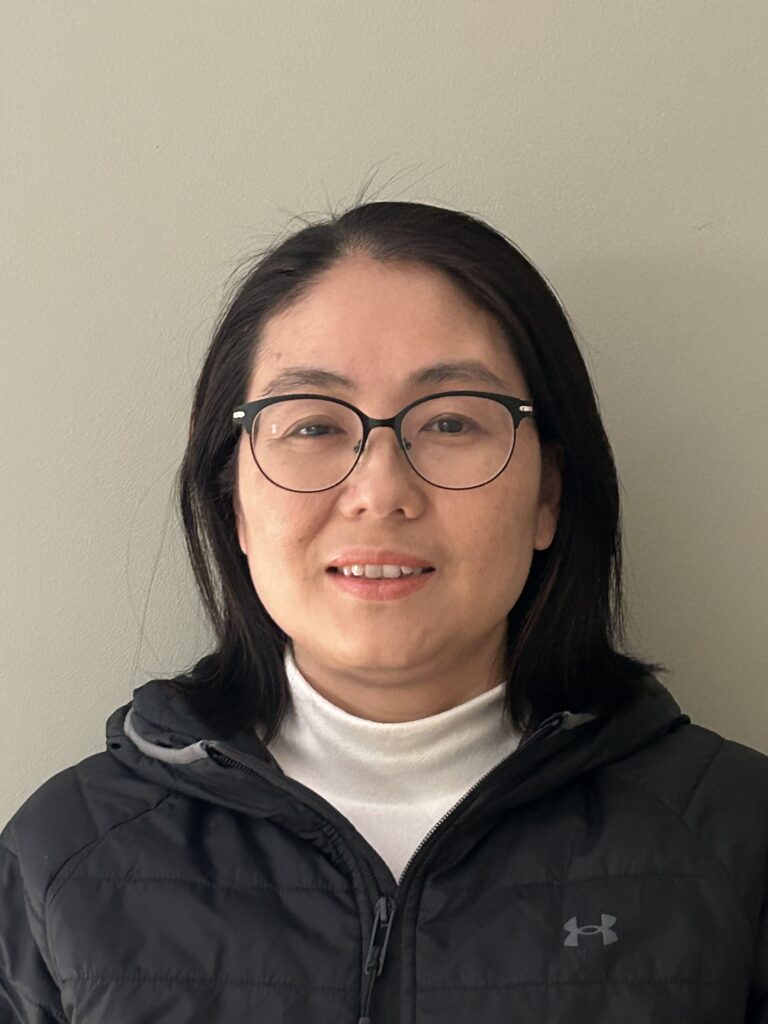
Xiaoqin Xiong, Mathematical Statistician, CDRH, FDA

Yun-Ling Xu, Deputy Division Director, CDRH, FDA
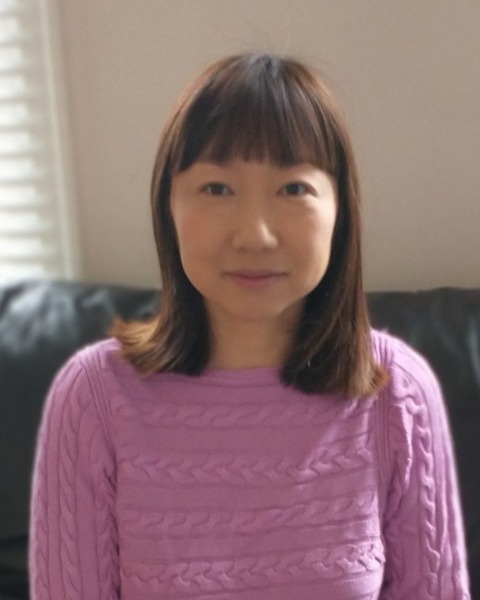
Xu (Sherry) Yan, Supervisory Mathematical Statistician, FDA
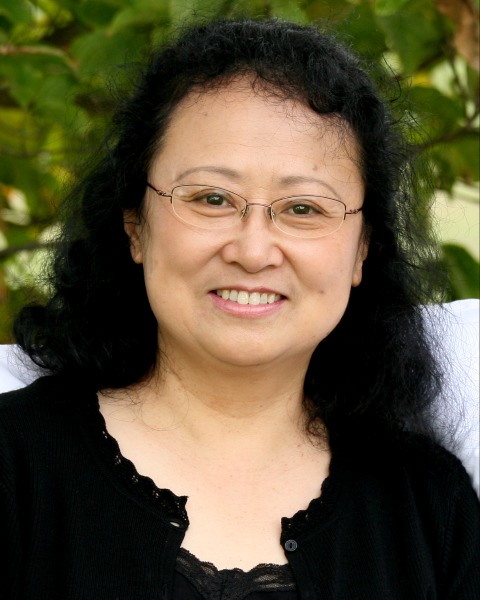
Lilly Yue, PhD, Deputy Division Director, CDRH, FDA
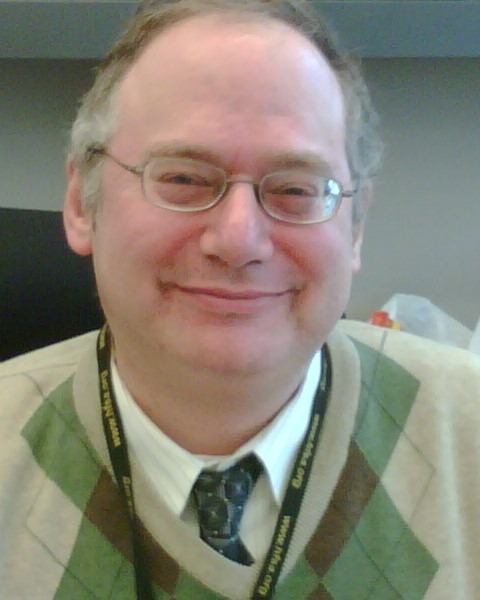
Bram Zuckerman, Director, Office of CV Devices, FDA
Industry Speakers
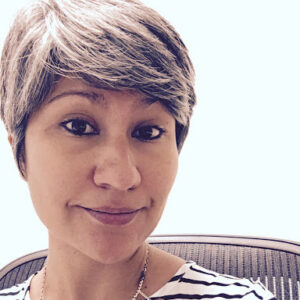
Francis Abreu, Principal Statistical Scientist, Genentech

Naeim Bahrami, Artificial Intelligence, Johnson & Johnson
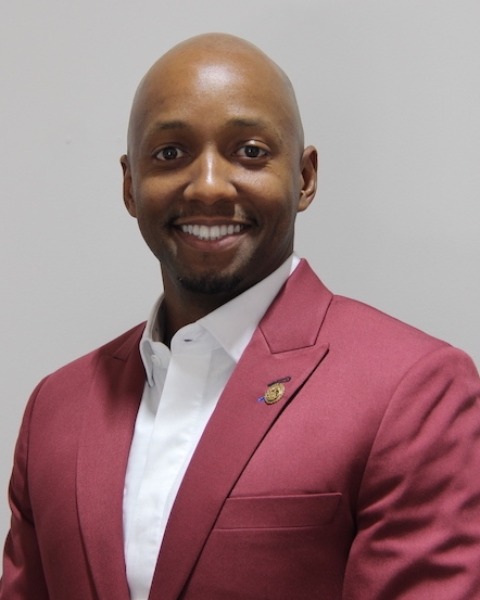
Derek Blythe, Staff Biostatistician, Illumina, Inc
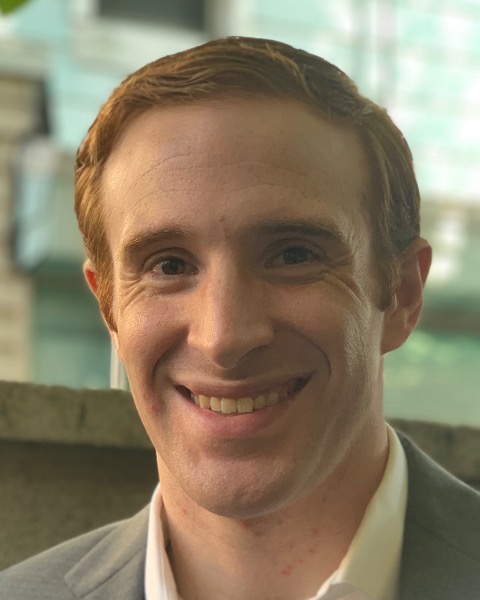
Jeffrey Cochran, Associate Director, Data Scientist, Otsuka Pharmaceutical Development and Commercialization
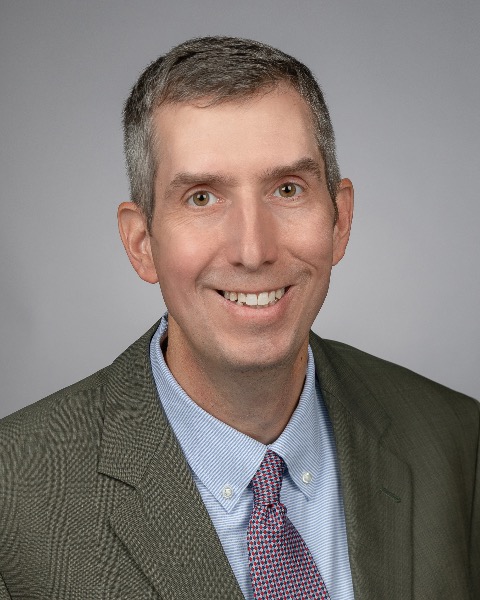
Jason Conner, President & Lead Statistical Scientist, ConfluenceStat
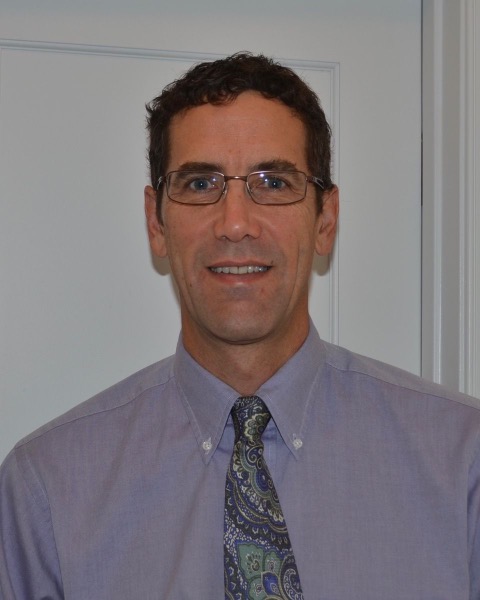
Gerry Gray, Principal, Data-Fi, LLC
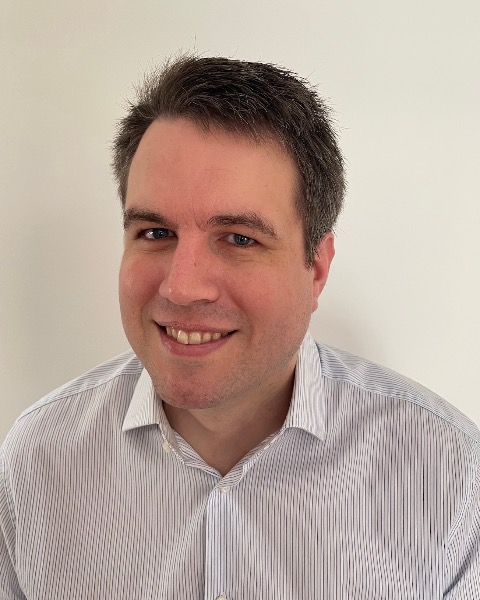
Graeme Hickey, Sr Statistics Director, Structural Heart & Aortic, Medtronic
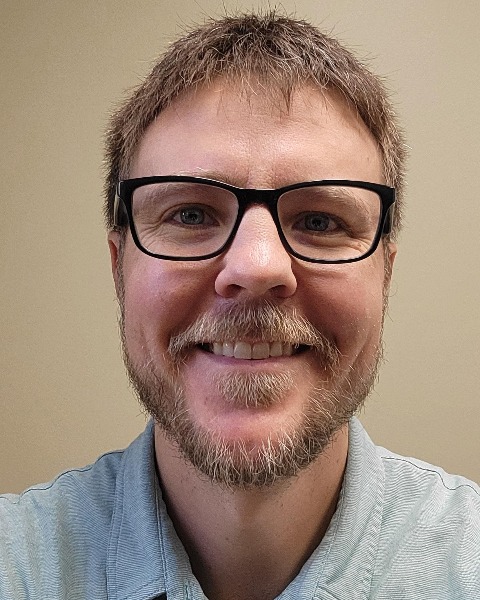
Mark Holland, Director Biostatistics, Beckman Coulter
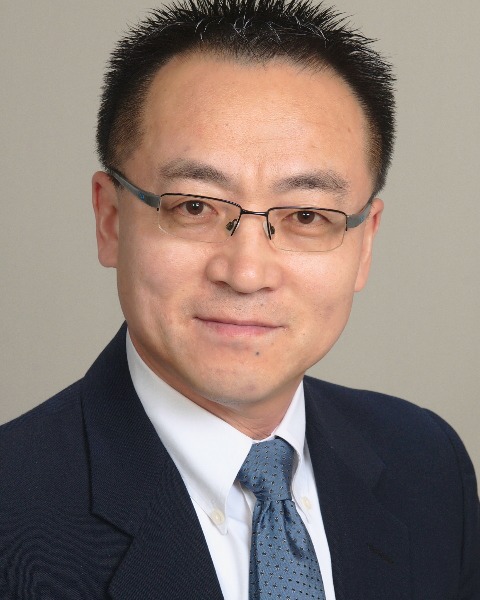
Shuguang Huang, CSO, Stat4ward

Stephen Johnston, Senior Director, Johnson & Johnson

AmirAli Kia, VP, AI and Data Sciences, Deepcell
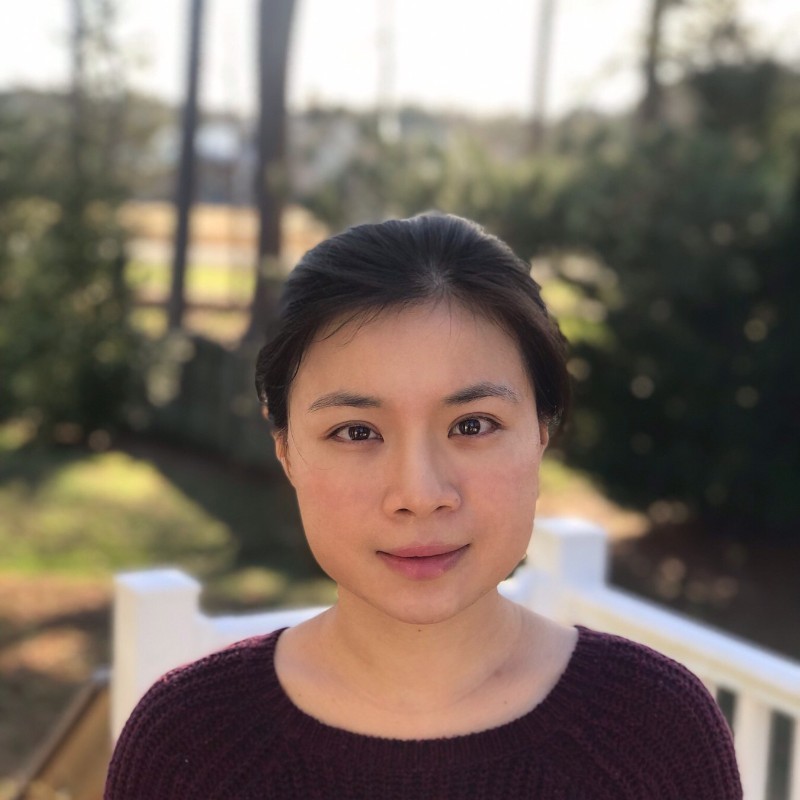
Sylvia Li, Biostatistician, Verily Life Sciences
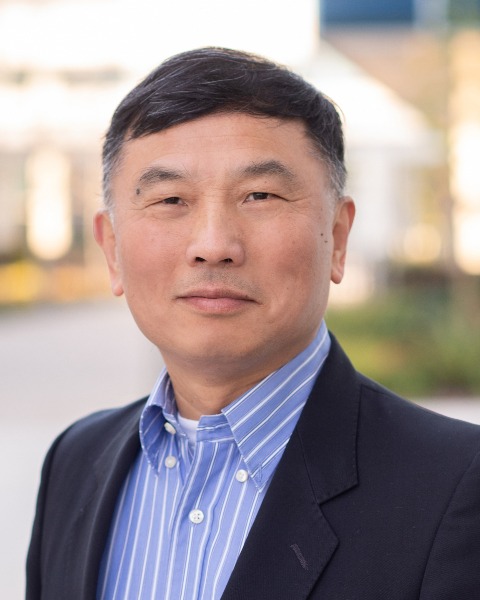
Michael Lu, Director, Edwards Lifesciences
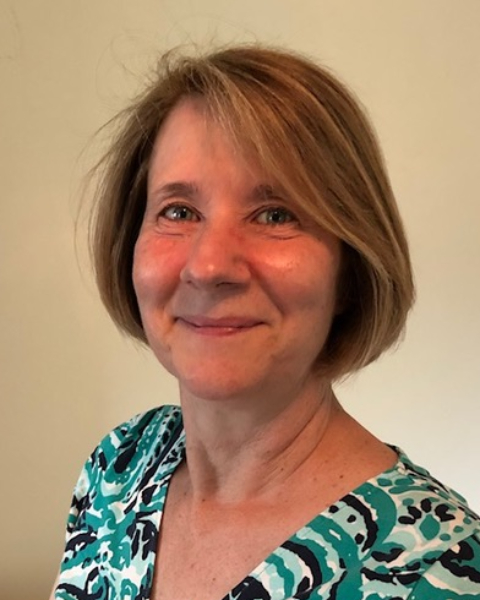
Kristen Meier, Sr. Director, Biostatistics and Clinical Data Science, Illumina Inc.
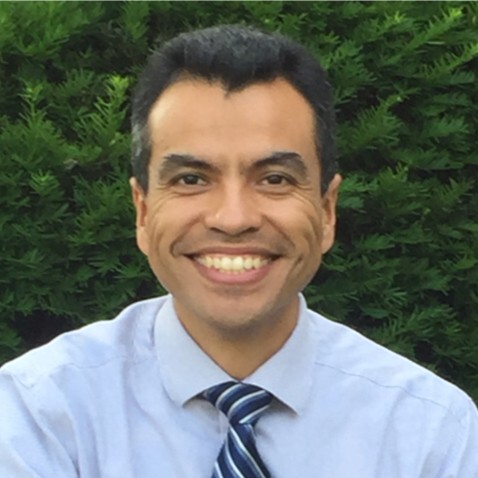
Norberto Pantoja Galicia, Senior Director, Head of Biometrics, Foundation Medicine Inc

Tyson Rogers, Principal Strategy Consultant, Biostatistics, NAMSA

Michael Santulli, Roche Diagnostics
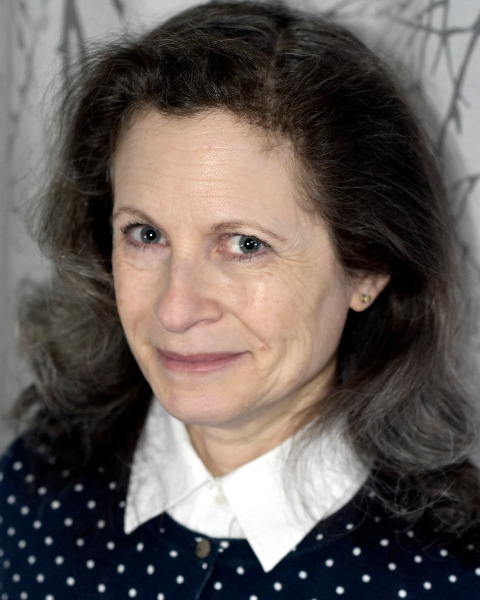
Alicia Toledano, President, Biostatistics Consulting, LLC
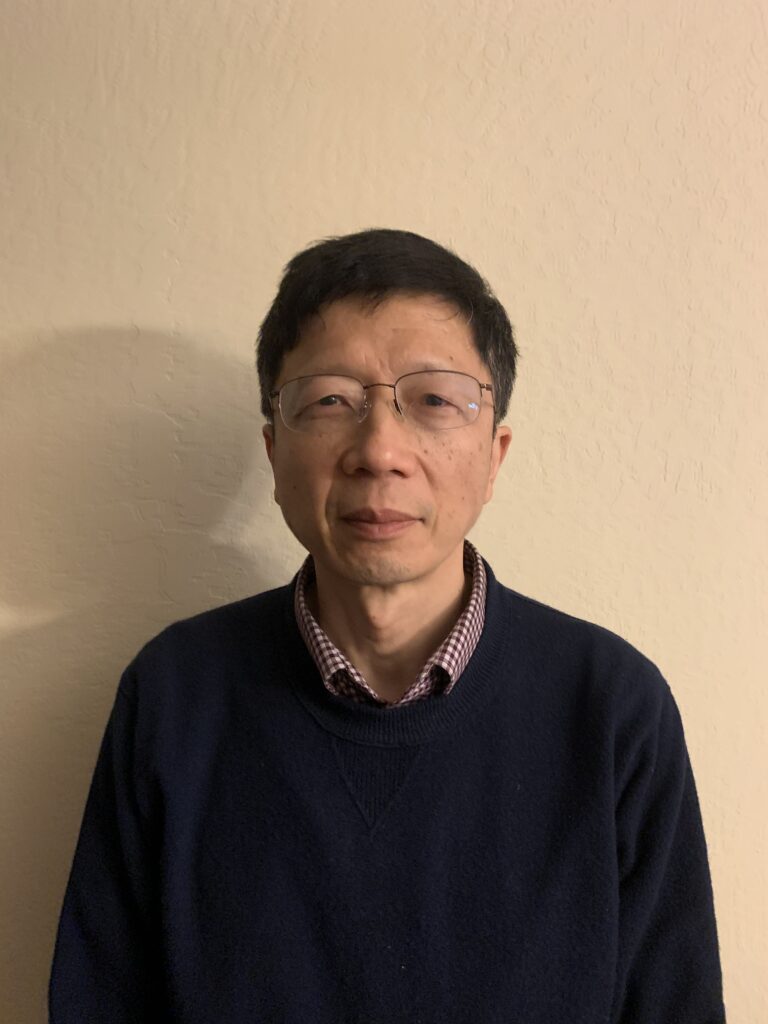
Jin Wang, Director of Biometrics, Abbott
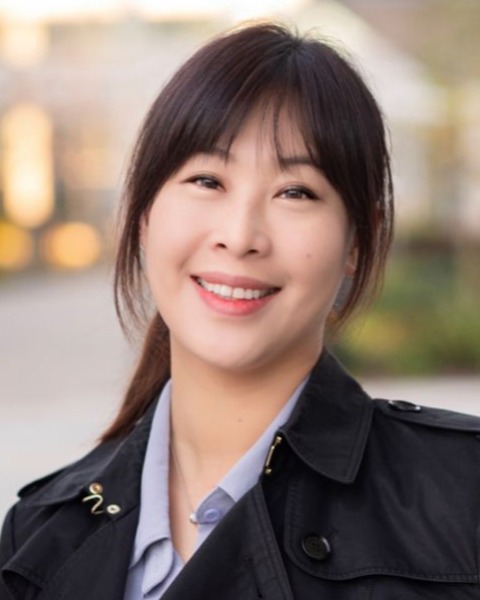
Xiao Yu, Principal Biostatistician, Edwards Lifesciences
Academic Speakers
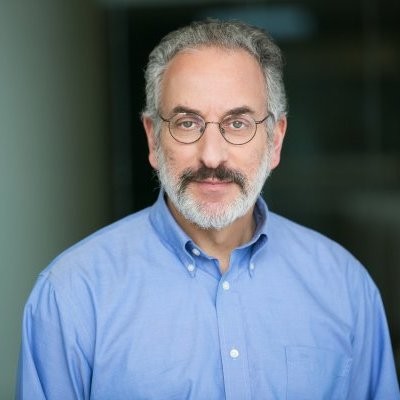
Jesse Berlin, Adjunct Professor of Biostatistics and Epidemiology, Rutgers University
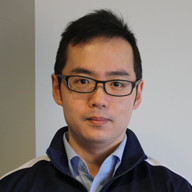
Lu Mao, Associate Professor of Biostatistics and Medical Informatics, University of Wisconsin School of Medicine and Public Health
Registration Pricing
AdvaMed® Member Companies: $1595.00
AdvaMed Accel® Member Companies: $895.00
Non-Members: $1895.00
Government/Academic/Nonprofit: $425.00
Hotel Information
JW Marriott
1331 Pennsylvania Avenue NW, Washington, DC 20004
Our room block is now closed!
Questions? Contact [email protected].
Cancellation Policy
Cancellations requests must be made in writing and sent to [email protected]. Cancellations will not be accepted by phone or onsite. Cancellations will be acknowledged by email. If you do not receive an acknowledgement within two weeks, please contact [email protected]. If you’re unable to attend, you’re welcome to have a colleague come in your place. Please email us their information so we can update our registration records.
- 50% cancellation fee will be assessed on cancellations received 30 days from start date
- 100% cancellation fee will be assessed on ALL CANCELLATIONS received after 30 days from start date
- Refunds will NOT be given for no shows
- We can’t accept cancellations within 10 days of the event
Poster Session
We are no longer accepting posters at this time.
Submit your posters to [email protected]. AdvaMed® will print all posters submitted by the deadline and ensure they are displayed during the poster session.
Submitted posters will be on display during the networking reception at the conclusion of Day 1 of the Conference. Posters will be judged by the poster committee of industry and FDA, and the authors of the winning poster will receive a complimentary registration for the 2025 Conference. Posters will be judged on statistical innovation, applicability to medical devices and diagnostics, clarity of presentation, effective use of graphics, appropriate example(s) used, and overall impression. Posters that meet the submission criteria and the March 11 deadline will be printed by AdvaMed® and delivered to the JW Mariott before the conference begins,
Suggested Poster Topics:
- Submissions related to workshop session topics
- Other topics relevant to therapeutic and diagnostic devices are also welcome and encouraged
- Speakers are welcome to submit posters that expand on their session topics
Requirements:
- Your poster must be 24” x 44” in size
- Authors must be registered attendees of the workshop
- Multiple authors are allowed per submission
- If more than one author, the presenting author should be clearly indicated
- One presenting author per poster
- Presenting author may present only one poster, but may be a co-author on other posters
- Review the full list of comprehensive poster guidelines here
Details:
- Posters due March 11, 2024 at 11:59 p.m. EST. Submit posters via email to [email protected]
- Posters will be on display and poster authors will be present in person to discuss their posters during the evening reception of Day 1 of the event
- Authors should remain in the vicinity of the bulletin board for the duration of the session (60 minutes) to answer questions
- An award will be given to the presenting author for the winning poster, as judged by the poster committee of industry and FDA
- The award for the 2024 competition is waived registration to the 2025 FDA/AdvaMed® Conference
- Posters will be judged on statistical innovation, applicability to medical devices and diagnostics, clarity of presentation, effective use of graphics, appropriate example(s) used, and overall impression
Traditional Poster Tips
A poster session is a presentation in which materials such as maps, photographs, graphs, charts, and/or tables are posted on a display board along with brief textual summaries of your work. Ideally, a well-constructed poster will be self-explanatory. Successful poster presentations are those that achieve both coverage and clarity.
Coverage: In addition to title/author and abstract, most successful posters provide brief statements of introduction, method, subjects, procedure, results, and conclusions. Ask yourself:
- Have you provided all the obvious information?
- Will a casual observer walk away understanding your major findings after a quick perusal of your material?
- Will a more careful reader learn enough to ask informed questions?
- What would you need to know if you were viewing this material for the first time?
Clarity: People attending a poster session are free to move about from poster to poster and often must view a poster from a distance, making it difficult to read excessive text and small fonts. We recommend you:
- Use large fonts and limit text to essential information. Place your major points in the poster and have the nonessential, but interesting, sidelights for informal discussion.
- Keep content simple and communicate clearly.
- Consider whether the sequence of information is evident. Indicate the ordering of your material with numbers, letters, or arrows when necessary.
- “A picture’s worth a thousand words.” Imaginative use of captioned illustrations, photographs, graphs, other types of visually appealing material is an extremely effective mode of communication in a poster presentation.
- Make your final conclusions or summary a concise statement of your most important findings.
Hear From Us
Sign up to receive emails highlighting our upcoming events, early registration savings, and engagement opportunities for the medical technology community.